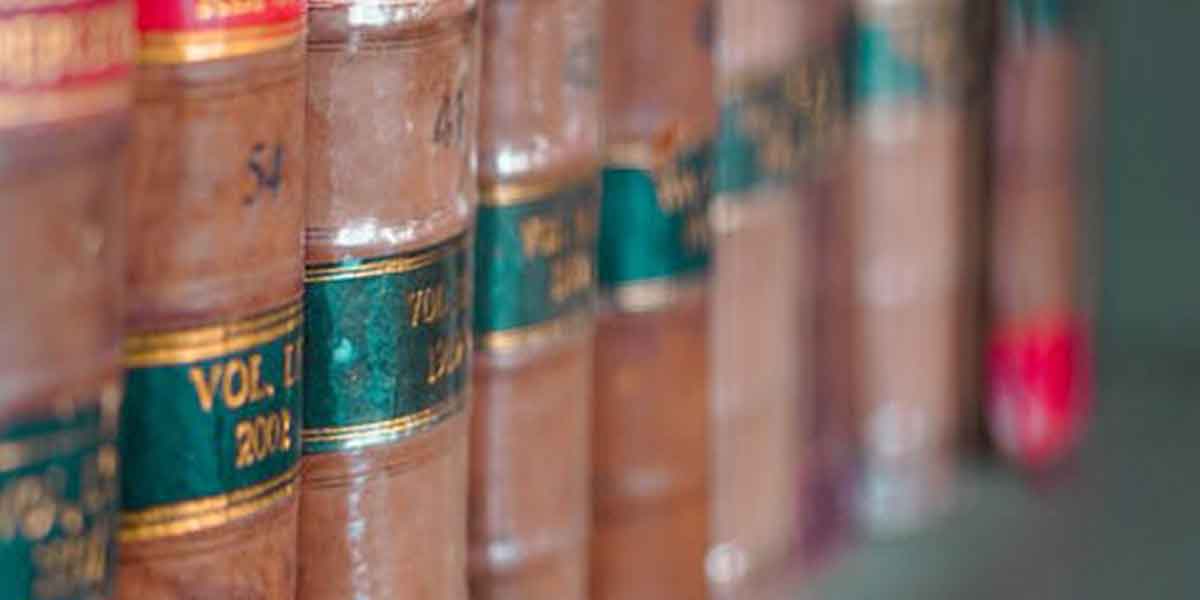It is a common belief that when someone passes away, their assets are transferred to their heirs through the probate process. However, not all assets go through probate. Typically, only assets that are solely owned by the deceased are subject to probate. These assets are distributed among the heirs according to the instructions in the deceased’s will, or if there is no will, the court appoints a personal representative to distribute the assets.
Assets that do not go through the probate process are known as non-probate assets. These assets are directly transferred to the heir or beneficiary after the owner’s death, bypassing the probate process. This can save time and money for the family, as probate can be a lengthy and costly process that can cause stress for loved ones.
Non-probate assets also do not incur taxes or fees upon transfer, preserving the full value of the asset for the family. This ensures that the intended amount reaches the beneficiaries without any deductions.
1. Jointly Owned Assets
Assets that are jointly owned do not go through the probate process. When two individuals own an asset together, such as a married couple, the asset automatically transfers to the surviving owner upon the death of one owner. This transfer is direct and does not require probate.
Even if the deceased specifies in their will that the jointly owned assets should go to their heirs, the surviving owner retains ownership without question. However, in cases where both owners pass away simultaneously or the surviving owner dies without adding a new owner, the assets may then go through probate.
An exception to joint ownership is tenants-in-common, where the share of the deceased joint owner can be distributed according to their will. The surviving owner only receives the deceased owner’s share if specified in the will.
2. Beneficiary Designations
Assets with designated beneficiaries do not go through probate. Bank accounts, IRAs, and insurance policies that have named beneficiaries allow for direct and quick transfer of assets to the beneficiary upon the owner’s death.
However, there are situations where assets with beneficiaries may still end up in probate, such as if the beneficiary predeceases the owner or if the owner designates “my estate” as the beneficiary. It is important to review and update beneficiary designations to avoid probate complications.
3. Trust Assets
Assets held in a trust are not subject to probate. Establishing a trust is a recommended way to protect assets from probate, as it allows for a smooth transfer of assets to beneficiaries without the need for court involvement.
If a trust is included in the will (known as a testamentary trust), it may still be subject to probate. However, trusts generally provide a way to avoid the reduction of asset value due to taxes and fees, offering peace of mind to family members.
Conclusion
To alleviate the stress of probate for your family after your passing, consider owning non-probate assets. There are various strategies to avoid probate, and understanding them can help preserve the value of your assets for your loved ones. Non-probate assets can ease the burden on your family and ensure that they receive the full value of the assets you leave behind.




